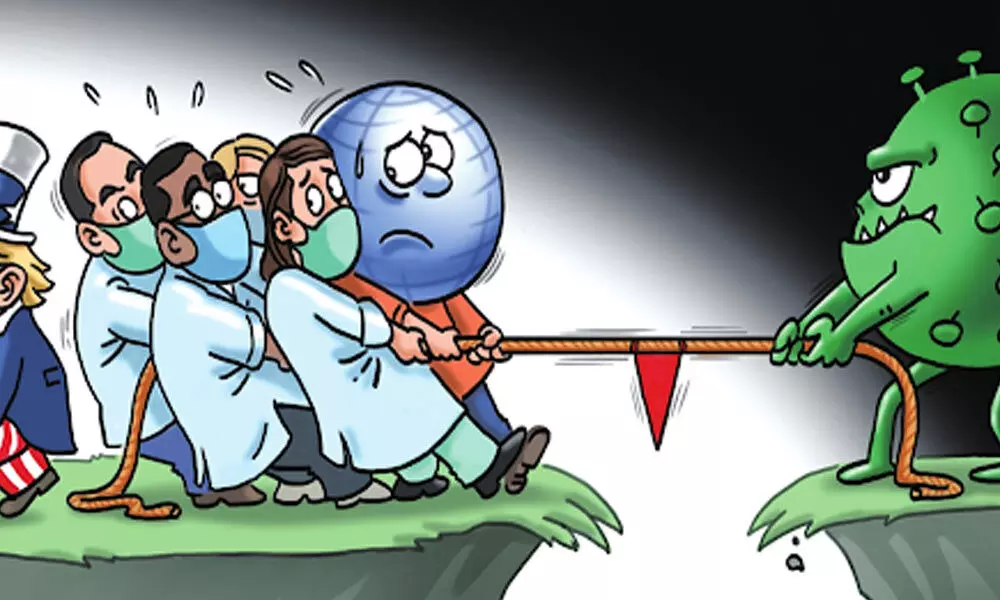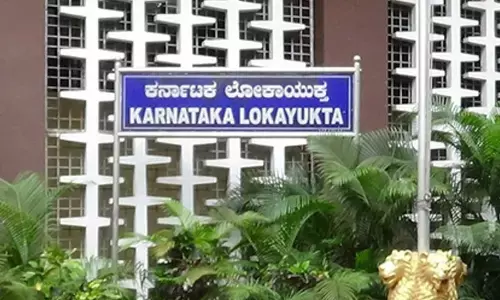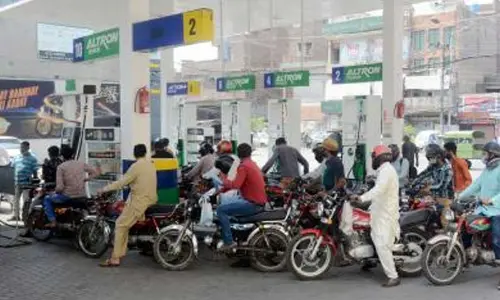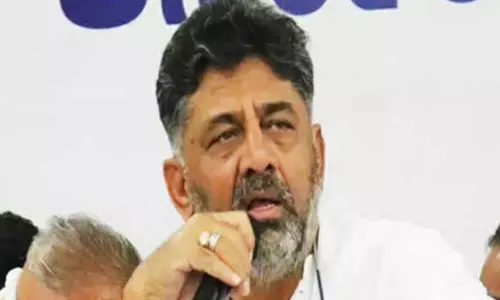'Disastrous' times indeed!

'Disastrous' times indeed!
Can human agents ever be justifiably held morally responsible for the outcomes of natural disasters? And if so, what is the nature of such responsibility ascriptions and why are they important? What would be our natural response to such a question? Negative? The very notion of a natural disaster seems to suggest that natural disasters are “natural” precisely because they are not man-made
Can human agents ever be justifiably held morally responsible for the outcomes of natural disasters? And if so, what is the nature of such responsibility ascriptions and why are they important? What would be our natural response to such a question? Negative? The very notion of a natural disaster seems to suggest that natural disasters are "natural" precisely because they are not man-made. Natural disaster is the object of attempts at prediction and control, not of interpretation.
Explanations for natural disasters formulated in terms of God's purposes are now "generally confined to fundamentalist sects and hapless victims". Although natural disasters are no longer understood, at least by most of the public, as justified responses by supernatural powers to human wickedness, natural disasters can still be seen as belonging to the domain of morality, albeit in a different sense. Not as divine punishments for human misdeeds, but as something that at least sometimes can be aggravated or alleviated by human choices.
Once it becomes recognised that humans may be in a position to exert influence on the outcomes of at least some natural disasters, a space opens up for the moral evaluation of the actions of those involved. Jean-Jacques Rousseau, in his letter to Voltaire of 18 August, 1756, in which he discussed Voltaire's "Poem on the Lisbon Disaster", wrote the following: [I]t was hardly nature who assembled there twenty-thousand houses of six or seven stories.
If the residents of this large city had been more evenly dispersed and less densely housed, the losses would have been fewer or perhaps none at all. Everyone would have fled at the first shock, and would have been seen two days later, twenty leagues away and as happy as if nothing had happened. For me, I see everywhere that the misfortunes nature imposes upon us
is much less cruel than those that we please to add". India reported 216,850 coronavirus disease (Covid-19) cases on April 16, the highest single-day spike so far since the pandemic broke out. The single-day spike comes a day after 200,739 Covid-19 cases were recorded on April 15.
With this, India's Covid tally has shot up to 14,287,740 cases. Last week India replaced Brazil as the second worst-hit nation in terms of total Covid-19 cases; now it has the second highest active cases too. India also witnessed 1,183 fatalities due to Covid-19 in a single day. The death toll from the deadly infection stands at 174,335. Maharashtra reported 61,695 new coronavirus cases and 349 deaths in the last 24 hours. West Bengal, where massive election rallies were organized recently even as the second wave rose, recorded the highest single-day spike of 6,769 cases and Delhi 16,699.
Delhi recorded 17,282 fresh cases of Covid -19 on April 14, the highest single-day surge in the national capital since the onset of the pandemic, while over 100 fatalities were reported. The five most affected states by total cases are Maharashtra (3,578,160), Kerala (1,189,175), Karnataka (1,094,912), Tamil Nadu (954,948), and Andhra Pradesh (937,049). Do we need to discuss this further when "we keep adding disasters" as Rousseau pointed out?









